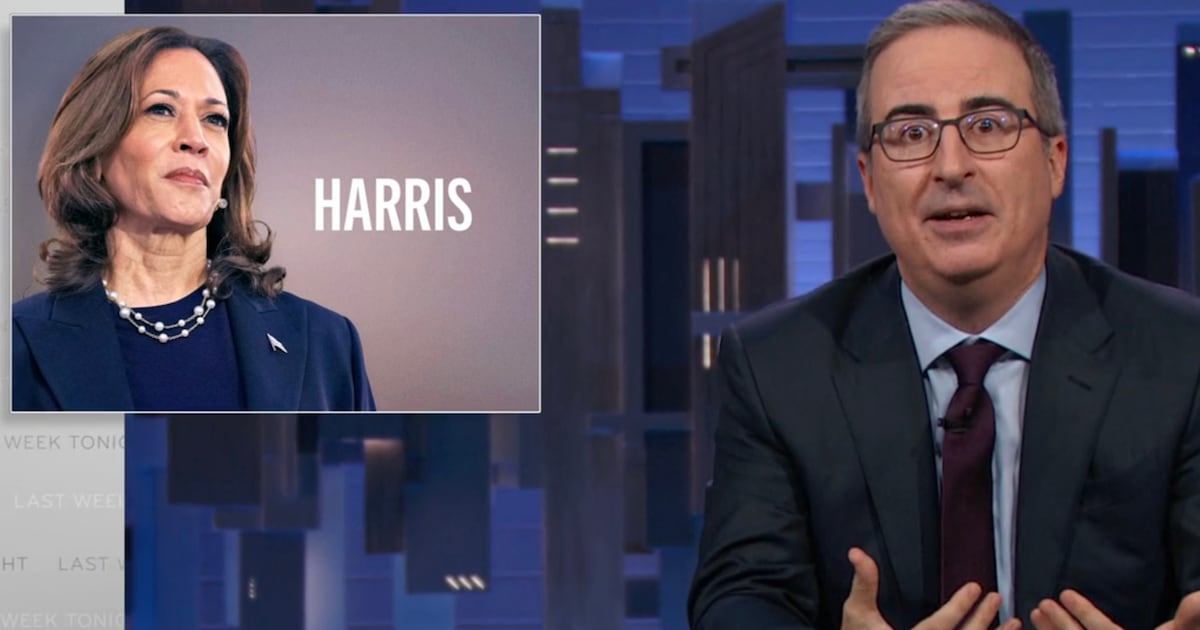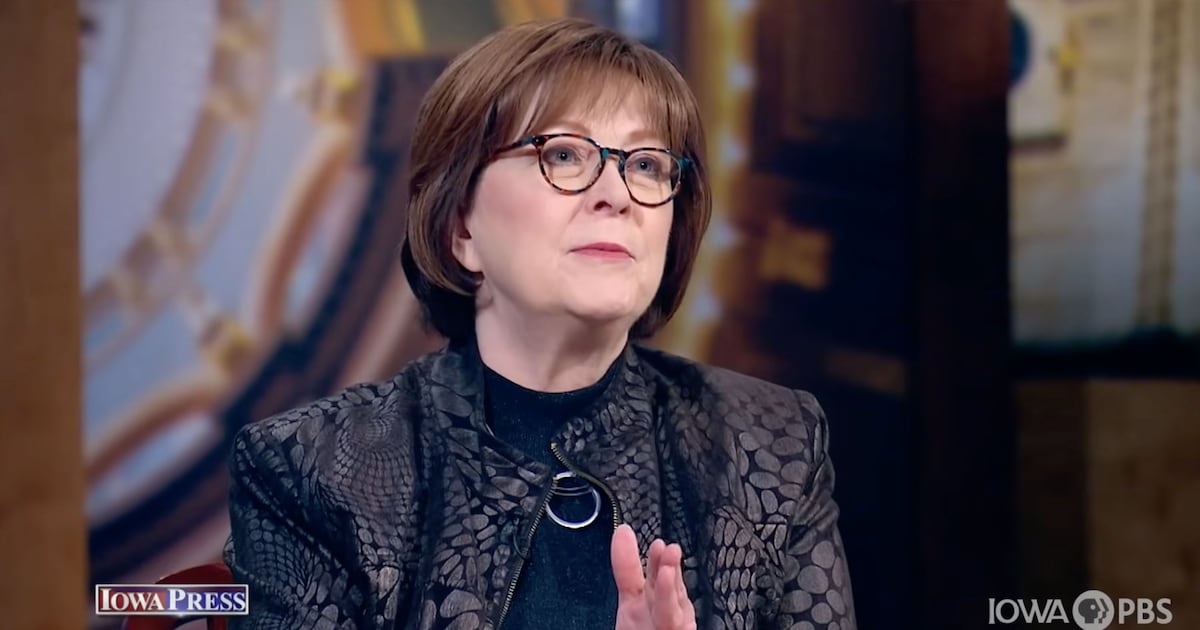I typically can’t stand the practice of labeling a difficult decision a “Sophie’s Choice,” which equates ordering your favorite restaurant’s pasta carbonara or veal francese to, as in the book and the devastating Meryl Streep film, a Polish mother who is forced to choose which of her two children will be sent to their death in the gas chambers at Auschwitz. But sure, “Should I watch Game of Thrones or Twin Peaks first?” is a real Sophie’s Choice.
Exasperation aside, I do understand the sentiment behind the demented idiom, crass as its evolution may be, and therefore especially understand why it’s being applied to, of all things, the Best Actress in a Limited Series or TV Movie race at this year’s Emmy Awards. I cringe while even typing this, but having to pick a favorite, or a “best” performance, among the four Oscar winners, Emmy winner, and inimitable 2017 TV MVP Carrie Coon nominated is a real—ugh—Sophie’s Choice.
We consider ourselves to be a bit of an awards nerd. What? You don’t spend Saturday nights drinking white wine and perusing the Wikipedia page for Best Supporting Actress in a Comedy Series? And therefore we feel pretty secure in declaring this year’s Best Actress in a Limited Series race to be among the most competitive categories in Emmys history.
ADVERTISEMENT
The category was so stacked with towering, complicated, wildly entertaining and unexpectedly moving performances that the Final Six women nominated—Reese Witherspoon and Nicole Kidman for Big Little Lies, Jessica Lange and Susan Sarandon for Feud: Bette and Joan, Felicity Huffman for American Crime, and Carrie Coon for Fargo—had to edge out three performances that, for my money, were among the best on TV in any category or gender this past year: Oprah Winfrey for The Immortal Life of Henrietta Lacks, Bryce Dallas Howard for Black Mirror, and Lauren Graham for Gilmore Girls: A Year in the Life.
This, I expect, is the category that will mess up anyone’s Emmys pool. It is impossible to predict, with no frontrunner. That’s because there are actually four frontrunners: the aforementioned Oscar winners who are not only competing against the other formidable actresses, but also their co-stars.
Will voters who are split staunchly Team Reese or Team Nicole cancel out the Big Little Lies contingent out and make way for Jessica Lange to win for Feud? Or is it the Feud women who will make good on their TV show’s title, carving out space for Witherspoon’s revelatory turn or Kidman’s laid-bare performance to win out?
Then, too, is the possibility that the conflicting support for the four perceived frontrunners will make way for one of those wonderful surprise Emmy moments, where passionate support for an underdog performance ends up with one of those joy-gasp wins, a la Merrit Wever in Nurse Jackie a few years ago, for Huffman or Coon. (Again, given the strength of this category, both would be deserved.)
How do you handicap such a clusterfuck? Let’s attempt the fool’s errand.
For our money, and granted we don’t have much of it, it’s Witherspoon and Kidman who lead this category.
Big Little Lies was perfection: an impeccable blend of soapy and highbrow, campy and familiar, and filled with women who were both aspirational and despicable, and somehow, in those Monterey mansions, still so real. My Justice League consists of Laura Dern in a cardigan clutching a glass of white wine and staring out at the ocean, Reese Witherspoon barking “get fucked” over cocktails at a fire pit, and Nicole Kidman massaging her best friend’s feet in the middle of the day over coffee on a wharf.
Witherspoon’s a hoot in her role, scoring bonus points for both the surprise of the performance as well as the sheer delight. She plays Madeline with a self-awareness about her reputation, making her spewed out one-liners less catty than they are performative. But while she ambushes audiences like a force of fast-talking, vapid nature in the early episodes, Witherspoon layers her performance with the deflection of a woman insecure about her ennui in what superficially seems like a perfect life as a wife and mother, landing an unexpectedly nuanced arc for a character that was already spectacular.
As a testament to how much breadth there was in a series that so many were tempted to reduce to prestige Desperate Housewives, the strength of Kidman’s performance was in direct polarization to Witherspoon’s. Everything outwardly expelled by Witherspoon’s Madeline was fastidiously kept inside by Kidman’s Celeste.
Somehow both brittle and unbreakable as she internally reconciled an abusive marriage and her own self-worth, Kidman’s performances were about what her silences said, her looks, the way in which she would wipe a tear from her cheek with her entire hand. Then there were those harrowing sex scenes, a spectrum from violent to erotic that only an actress as skilled as Kidman could calibrate. In fact, this would be a hands-down win for Kidman, had her Australian accent not presented itself like a pesky interloper so often, and to such distraction.
Speaking of accents, that’s also the biggest knock to Sarandon’s performance in Feud. There were times when she’d go for that unmistakable, brash Bette Davis voice. And there were times when she couldn’t seem to bother at all, leaving us to simply watch Susan Sarandon act in period clothes. Of course, even that is eminently watchable, and Sarandon ran the gauntlet of juicy, topical scenes as a Bette Davis dodging the blows of a relentlessly misogynistic industry and the resentful fellow icon pitted against her. Yet while watching, it’s hard not to acknowledge that the actress playing that icon, Jessica Lange as Joan Crawford, is out-acting her.
Maybe it shouldn’t be a surprise that Feud creator Ryan Murphy gave his reliable muse the meatier material but regardless, Lange goes for broke in each scene. The delusion, affrontedness, victimhood, and, through it all, dignity with which she inhabits Crawford makes the act of watching her in the series often uncomfortable, in the best way.
The one detractor here is that it feels like we’ve seen a performance like this before from Lange—scene-chewing in a Murphy production—and indeed she’s won two Emmys already for her American Horror Story work. But counteracting that is the fact that this is a delicious showbiz yarn, and awards voters are notorious for lapping that right up.
Huffman, who returned to American Crime with a sweet-tea North Carolina accent and a more passively affecting character than in previous seasons, is stellar as ever, but in a show with nowhere near the buzz of her competitors’. And Coon was previously named the Drama Performer of the Year by the Television Critics Association, but for her heroic work in The Leftovers in tandem to her role in Fargo, which, while a studied masterpiece, is less impactful than the other performances in this category.
So where does that leave us? If we were an Emmy voter, with heartburn. Since we’re an entertainment writer with 1200 words to spend pontificating on an Emmys race, with a hunch.
The biggest swell of discernible support in the industry right now is for Kidman, who, off an Oscar nom for Lion, is also currently in a career-best run of work in The Beguiled, The Killing of a Sacred Deer, and the second season of Top of the Lake, which has the added benefit of airing right now. But we can’t shake the suspicion that Witherspoon will siphon votes from her co-star and, combined with the industry-wide giddiness at watching the Bette vs. Joan story unfold in Feud, that Lange will, in the end, win her third Emmy.
Sophie has chosen.





